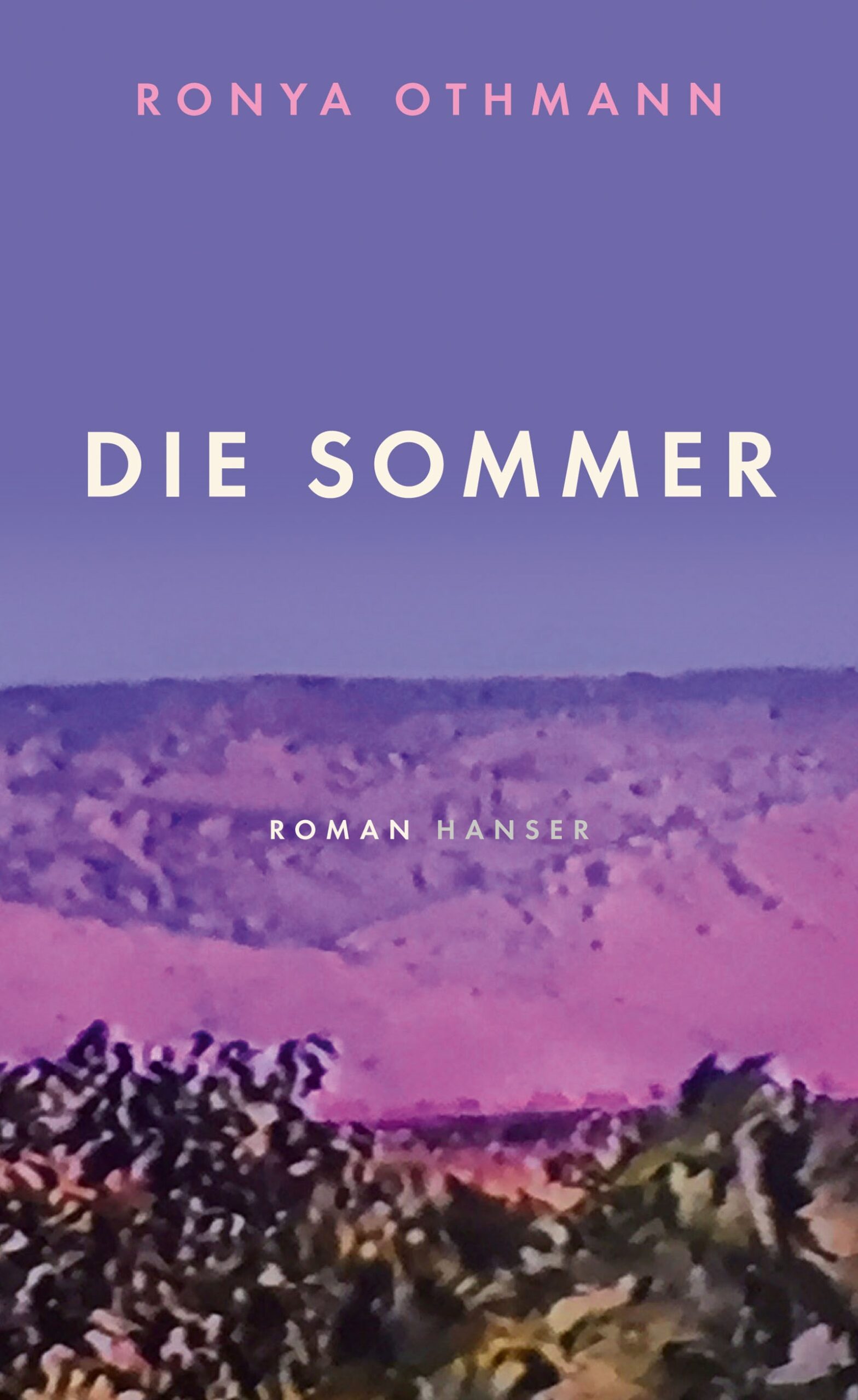
Die Sommer
Ronya Othmann is author of the taz’s “Orient Express” column about Middle Eastern politics (along with co-author Cemile Sahin). In 2015 she organized the Leipzig Kurdish film festival, and in 2018 she was a jury-member of the International Film Festival in Duhok, Kurdistan, Iraq. In her first novel, Die Sommer (The Summers), she also moves within this thematic spectrum: it tells the story of a family of the Kurdish Yazidi community living between northern Syria – or Kurdistan – and southern Germany. The family experiences repeated setbacks. Political decisions in Syria put them at a structural disadvantage, as do migration policies and racism in Germany. Their difficult situation reaches a dramatic climax with the genocide of Yazidis, which begins in August 2014.
The novel’s narrator is Leyla, named for three Leylas who fought for Kurdish rights. Leyla herself was born near Munich. She lives there with her Yazidi Kurdish father and her white German mother. Leyla retrospectively tells of herself and her father, and of his flight to Germany. She gives a concise overview of the history of the Yazidi community, which certainly motivated me to learn more about them. The book jumps erratically between vignettes of the protagonist’s recollections, following no chronological order. Sometimes, I had trouble following the course of events, but eventually the pieces of the puzzle came together.
Alongside the political-historical framework of the book, it expertly conveys Leyla’s inner conflict. Despite her name, the summers in her father’s home village, and his stories, she herself does not know who she is or how she should understand herself. Is she Yazidi? Is she German? External expectations don’t make these questions any easier. In her father’s home village she stands out as different – as she does in Bavaria. When she moves to Leipzig to study – a place unknown to her and her whole family – she lives in shared apartments and has relationships with women, but gains little in the way of clarity on these issues.
In fact, the distance between her and her white girlfriends increases with the outbreak of the war, because they don’t seem to notice that anything is happening. Even the moments in which Leyla laughs and is happy have a melancholy aftertaste due to the retrospective and often sober narrative style. There is scant lightness in Leyla’s life that is not immediately overshadowed by feelings of guilt or thoughts of people in less privileged situations.
The fact of the matter is that I have rarely read books about Kurdish characters. This is probably one reason why the book demanded careful attention for me to be able to follow the complex political and personal events of the story. Additionally, I needed time to get used to the concise, anecdotal style and the many characters. But once I got into it, I became certain that Die Sommer (The Summers) is an important book about the world’s dividedness, about religious and political conflicts, about prejudice and identity.
(So far, the book is only available in German)
Order the book here and support us! The work behind poco.lit. is done by us – Anna und Lucy. If you’d like to order this book and want to support us at the same time, you can do so from here and we will get a small commission – but the price you pay will be unaffected.

